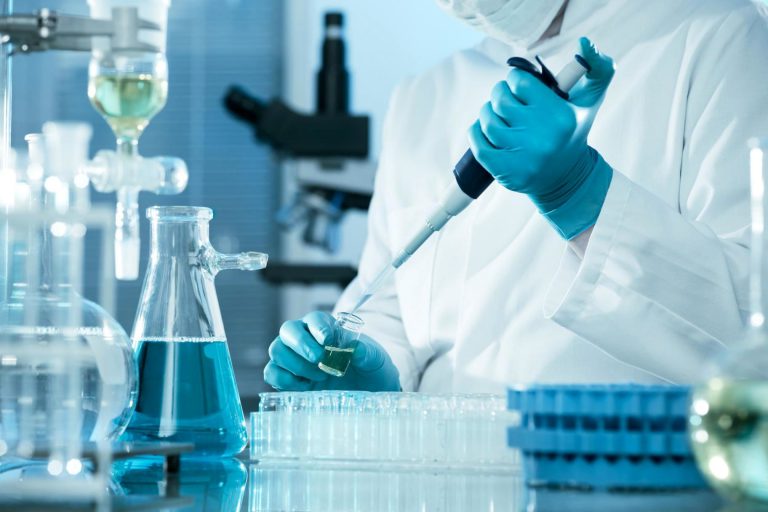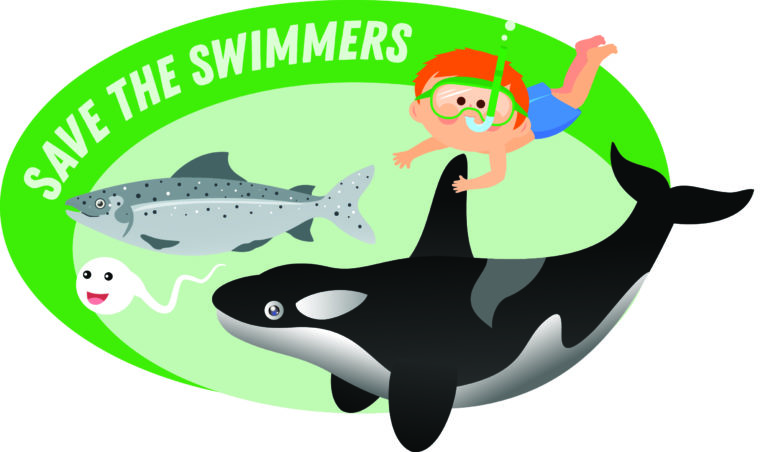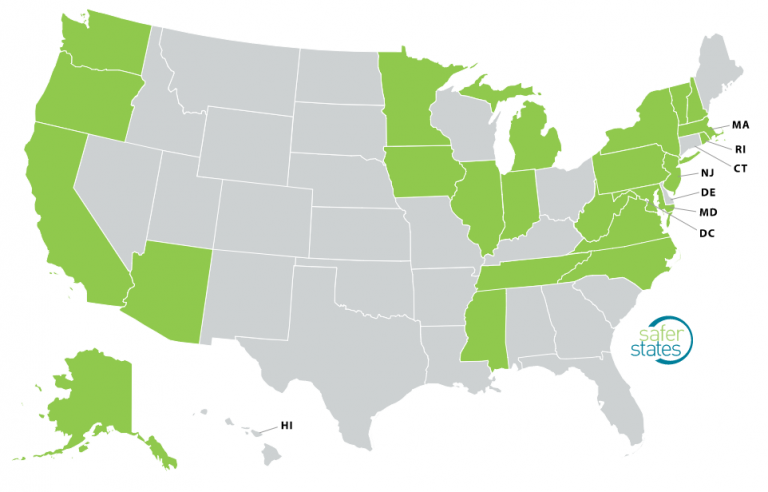Search Results for "how to avoid exposures"

What we don’t know about chemicals CAN hurt us.

What do sperm, kids, salmon, and orcas have in common besides that they all swim? All can be harmed by toxic chemicals put in consumer products!

Toxic Chemicals
PFAS “Forever Chemicals”
PFAS, or poly- and perfluoroalkyl substances, have become notorious as drinking water contaminants as a result of industrial releases and use of firefighting foam. But they are used in a wide range of products, from food packaging to stain-resistant furniture, and our exposure comes from multiple sources and routes. PFAS have become global pollutants that threaten the health of people and wildlife.

Healthy Choices
A Best Start Doesn’t Start with Toxic Chemicals
It is a sad reality that our environment puts a lot of hurdles in the way of young children. Exposure to toxic chemicals in everyday consumer products is one of these hurdles that may impair kids’ ability to learn and reach developmental milestones.

You may not find them included in the ingredient list, on the nutrition label, or anywhere on the food package. Yet they can impact your health just as sugar or hydrogenated oils can. They are hidden toxic chemicals and they’re contaminating our food.

Attention Reporters and Editors: Video and images of nap mat testing available here. (Seattle, WA) – Removing chemical flame retardants from foam nap mats in childcare centers can lower levels of the chemicals in dust by as much as 90%, a new peer-reviewed study has found. The study, appearing in Environmental Pollution today, is the […]

Flame retardant chemicals linked to cancer, obesity, and other health problems are put in a wide variety of consumer products. For most products, there’s no way to know whether the product contains flame retardants because companies are not required to tell us the chemicals they use. As a result, it’s nearly impossible to avoid exposure […]

Sophia Ruan Gushée left her successful career in investment management to study our toxic exposures from what we buy and do. She shares her expertise in her critically-acclaimed book A to Z of D-Toxing.

State legislatures across the country are stepping up to protect public health from harmful chemicals in an effort to fill gaps in chemical protections due to inaction by the US EPA, according to an analysis of state policies by Safer States. The analysis found that at least 23 states will consider 112 policies to limit exposures to toxic chemicals, including bans on nonstick PFAS chemicals and toxic flame retardants.

Healthy Choices
How to reduce your exposure to toxic lead
Children in at least 4 million U.S. homes are currently being exposed to high levels of lead. Exposure to lead can cause lifelong negative health effects in children, including brain damage and developmental delays. It’s very difficult to avoid every lead exposure because the chemical is used in so many things. We need policymakers […]
